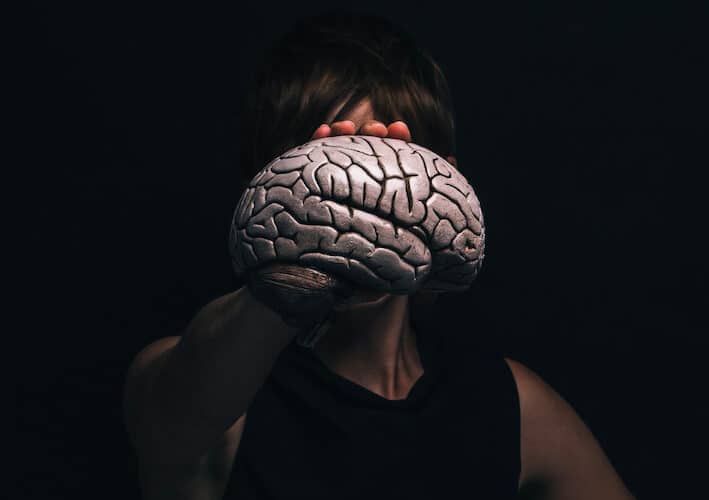Scientists at UCSF have discovered an exercise enzyme.
Exercise is one of the most well-studied and most powerful ways of protecting the brain from age-related cognitive decline. Especially for those at risk of developing Alzheimer’s or other related dementias, it gives the brain an indispensable boost in functionality. Now, scientists at the UCSF Memory and Aging Center have discovered an ‘exercise enzyme’ that can trigger the same brain benefits as six weeks of regular exercise. It may be possible to administer that enzyme to the body in other ways, which has the researchers asking: Could a pill one day provide at least some of the same cognitive benefits as exercise?
Considering even with just ten minutes of physical activity can boost the brain, the discovery is substantial: Researchers have long searched for therapies that could translate some of the same neurological benefits in people with limited physical activity levels and those those who do not have the physical ability to do cardio exercises. Ingesting the enzyme could give this group opportunities to improve their cognitive health that they would not otherwise have had.
According to the new study, published today in Science, after mice exercise, their livers secrete a protein called Gpld1 into the blood. A statement from UCSF explains, “Levels of this protein in the blood correspond to improved cognitive function in aged mice, and a collaboration with the UCSF Memory and Aging Center found that the enzyme is also elevated in the blood of elderly humans who exercise regularly. But the researchers showed that simply increasing the amount of Gpld1 produced by the mouse liver could confer many of the same brain benefits as regular exercise.”
Study senior author Saul Villeda, PhD, a UCSF assistant professor in the departments of Anatomy and of Physical Therapy and Rehabilitation Science added: “If there were a drug that produced the same brain benefits as exercise, everyone would be taking it. Now our study suggests that at least some of these benefits might one day be available in pill form.”
He added: “One blood factor coming from the liver is enough to recapitulate a large factor of that benefit we see from exercise. I thought we would need to identify many, many factors in order to get part of the effect.”
The lab is now working to better understand precisely how the enzyme interacts with other biochemical signaling systems to produce its brain-boosting effects. This, they hope, will help to identify specific targets for therapeutic treatments that could confer the protective benefits of exercise for the aging brain.
Villeda said, “I really believe we will be able to take the benefits of exercise and somehow translate that into sort of therapeutic” for the brain.





